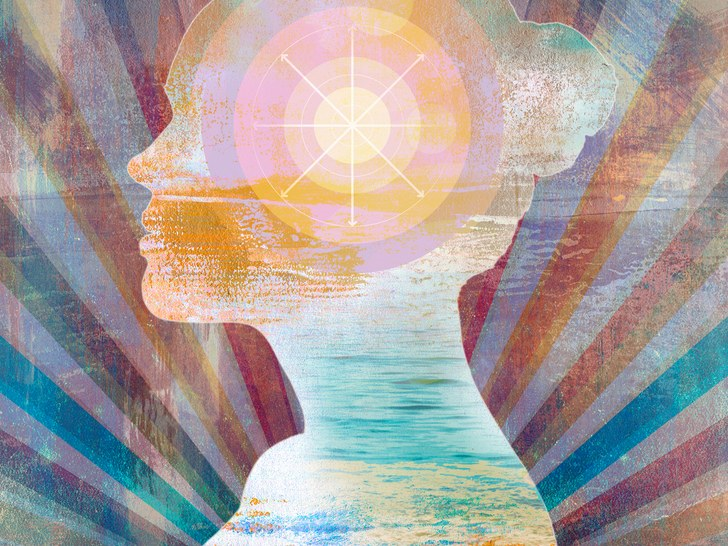
(3/7) MY BIPOLAR DIAGNOSIS STORY
I was diagnosed with bipolar at 19 (my favorite number since childhood, coincidentally) in 1999. I had just started my sophomore year at Pitt as a psychology/pre-med major, with plans to be a psychiatrist (what are the odds?). Since the summer before freshman year, I had been taking an antidepressant. I tried a few, but none helped my depression. About a month into my sophomore year, my new antidepressant seemed to be doing something, but I didn’t feel like myself. I have always been an introvert and not one to make fast friends, but I was making more friends than ever. People were always laughing at what I said, although I wasn’t trying to be funny. Countless thoughts raced through my head at all times. Sleep became more and more elusive, my appetite kept decreasing, and I was always thirsty. I started having strange thoughts. One night in my dorm room, I fell out of bed—the top bunk—and thought that the devil pushed me out of bed. I knew I shouldn’t share this with anyone, but I thought it was true, nonetheless.
These changes in my health and thoughts eventually culminated in my first manic episode—by far the worst one I’ve ever experienced. After a night of no sleep and looking in the mirror for who knows how long thinking I had X-ray vision, I called my dad at 6 AM, figuring he’s an early riser. I was bursting to tell him about the X-ray vision and also that I was addicted to water (because I couldn’t stop drinking it). I also thought I had discovered that I had multiple personalities which had just fused together (I read Sybil in high school).
Naturally, huge alarm bells started going off in my dad’s head, and he immediately drove up to Pitt. He phoned my psychiatrist, who wanted to admit me to the psych ward of a local hospital. I overheard their conversation and begged my dad not to put me in a hospital. Fortunately, my father is a therapist, and he was able to persuade my psychiatrist to place me in his care. She prescribed me tranquilizers, which I took with breakfast, and my dad drove me home. Later, at an appointment with my psychiatrist, she diagnosed me with bipolar I.
I remember very little from that fall and winter. I withdrew from Pitt. I knew I could never go back and face my friends again. My parents and I decided that I should take a year off from school to recuperate, but after a couple months, I was eager to return to college and what felt like normal life. I enrolled at W&J for the spring 2000 semester so that I could live at home and commute. I also changed my major to English, since I always enjoyed reading. It seemed manageable—I knew that studying psychology would be a constant trigger for my illness.
I was prescribed Depakote to treat mania as well as the antidepressant Zoloft. Over the years, other medications were added or subtracted, since I continued to cycle through manic and depressive episodes, but none nearly as severe as my first one.
Finally, after my meds not working (and likely exacerbating my symptoms) for several years, I made the decision to stop taking all of my medication without seeking my doctor’s approval. I initially felt much better, but after about a year, manic symptoms began to reemerge. At this point, I was living in the DC area, and I started seeing Dr. Todd Cox, who prescribed me lithium in 2007. I responded to lithium right away and have been taking it ever since, along with Seroquel as needed.
